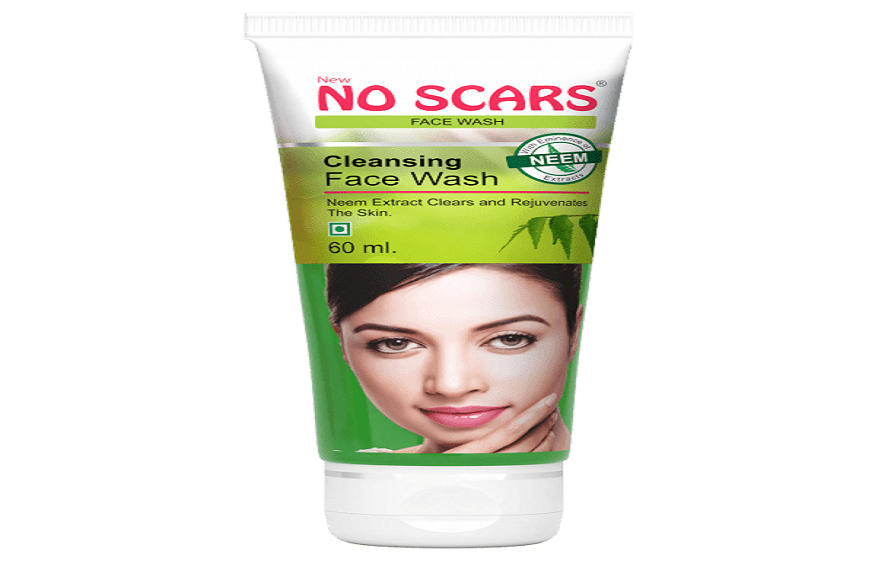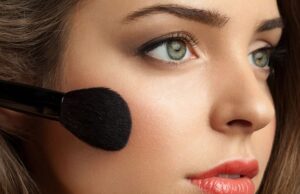Understanding Acne: Types, Causes, and Successful Treatments

Numerous millions of individuals around the world suffer with acne, a prevalent skin problem. It can have a tremendous impact on one’s self-esteem and overall well-being.Using a neem wash on your face can be beneficial for managing acne and promoting clearer skin due to neem’s natural antibacterial and anti-inflammatory properties.
The purpose of this page is to provide readers with the knowledge they need to manage and treat their acne by examining its causes, types, and successful treatment choices.
-
What is Acne?
Acne is a skin condition that develops when oil, dead skin cells, and bacteria clog hair follicles. It frequently appears on the face, chest, back, and shoulders. Acne is characterised by pimples, blackheads, whiteheads, and occasionally uncomfortable cysts.
- Acne causes: A number of elements play a role in the emergence of acne. The main causes are excessive sebum production, hormonal changes, bacteria build-up, clogged pores, and inflammation. Hormonal changes throughout puberty, menstrual cycles, and hormonal imbalances can increase sebum production, resulting to acne breakouts.
- Types of acne: Acne can take many different forms, and knowing the different types can help choose the best treatment options. Typical forms of acne include:
- Blackheads and whiteheads are the defining features of comedonal acne.
- Acne with inflammation is characterised by red, swollen outbreaks.
- Cystic acne is a severe case of acne with painful, deep cysts.
- Nodular acne: Subcutaneous bumps that are big, painful, and solid.
- A severe and uncommon form of acne with linked nodules and abscesses is known as acne conglobata.
- Options for efficient care:
- Establishing an effective skincare routine is crucial for treating acne. It entails exfoliating gently, moisturising with non-comedogenic creams, and cleaning. The best way to prevent skin irritation is to stay away from abrasive cleaners and other materials.
- Oral medications: To treat more severe cases of acne, hormonal imbalances, and inflammation, dermatologists may recommend oral medications like antibiotics, hormonal treatments, or isotretinoin.
- Professional treatments may be suggested for acne that is persistent or resistant, including dermatological procedures like chemical peels, microdermabrasion, laser therapy, and cyst or comedone extraction.
- Changes in lifestyle: A few lifestyle adjustments can also help with acne management. For healthier skin, it’s important to keep up a balanced diet, control your stress levels, limit your sun exposure, and avoid picking or squeezing acne spots.
- Seeking Specialist Advice: If acne continues after home cures or over-the-counter medications, it is important to visit a dermatologist or skincare specialist. For the purpose of managing acne effectively, they can offer a thorough evaluation, pinpoint the underlying causes, and make recommendations for individualised treatment plans.
Acne is a common skin condition that can have a negative effect on a person’s self-esteem and general well-being. You can also use neem for acne scar removal. Managing and treating acne requires a thorough understanding of its causes, the many forms, and available treatments. People can effectively manage acne and get clearer, healthier skin by developing a good skincare routine, using topical or oral medications, thinking about professional treatments, and incorporating healthy lifestyle habits. Remember, for individualised treatment strategies and long-term acne care, consulting a dermatologist is essential.






